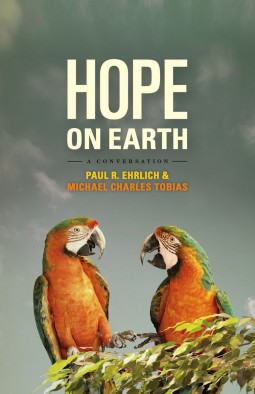 Hope On Earth (starts 7:08): Few people have thought as critically and deeply about the state of Earth and our role on it than Paul Ehrlich. Over the course of several decades, the Stanford University biologist and ecologist has written many books, including 1968’s controversial The Population Bomb, in which he predicted that hundreds of millions of people would starve to death in the 1970s due to overpopulation and limited resources.
Hope On Earth (starts 7:08): Few people have thought as critically and deeply about the state of Earth and our role on it than Paul Ehrlich. Over the course of several decades, the Stanford University biologist and ecologist has written many books, including 1968’s controversial The Population Bomb, in which he predicted that hundreds of millions of people would starve to death in the 1970s due to overpopulation and limited resources.
He has just come out with a new book, which he co-wrote with Michael Charles Tobias, an ecologist, filmmaker, book author and animal rights advocate. The book is called Hope On Earth: A Conversation. And indeed, it is a conversation between Ehrlich and Tobias. In fact, their conversation –many of them — took place here in a research outpost just outside of Crested Butte.
Both men join us by phone to discuss the book and the most pressing environmental issues of the day that it explores.
Producer: Ted Burnham
Co-Hosts: Ted Burnham, Susan Moran
Engineer: Ted Burnham
Executive Producer: Joel Parker
Listen to the show:
Podcast: Play in new window | Download (Duration: 25:11 — 34.6MB)
Subscribe: RSS

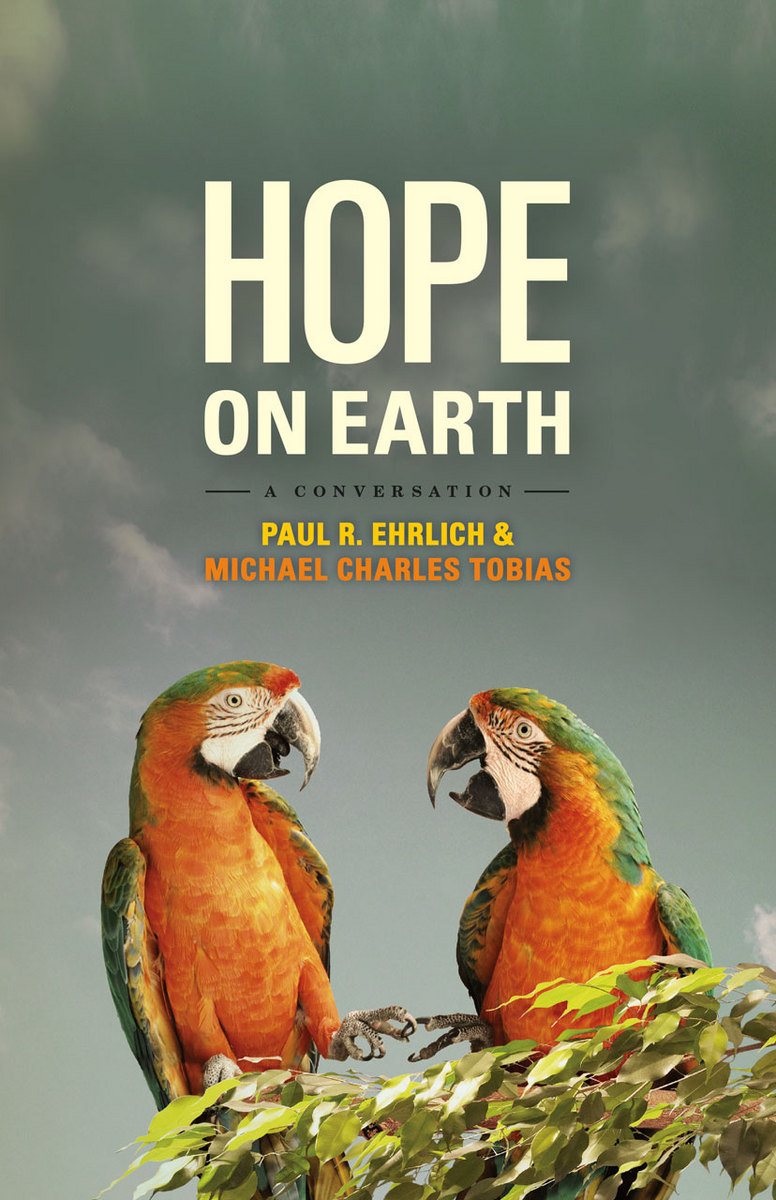


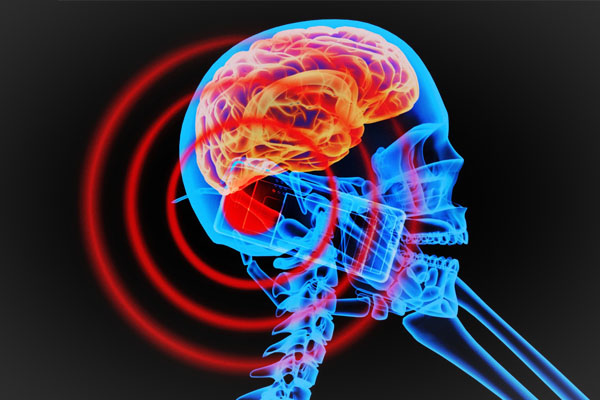
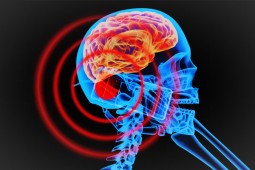

 Massive stars (start time 6:45)
Massive stars (start time 6:45) 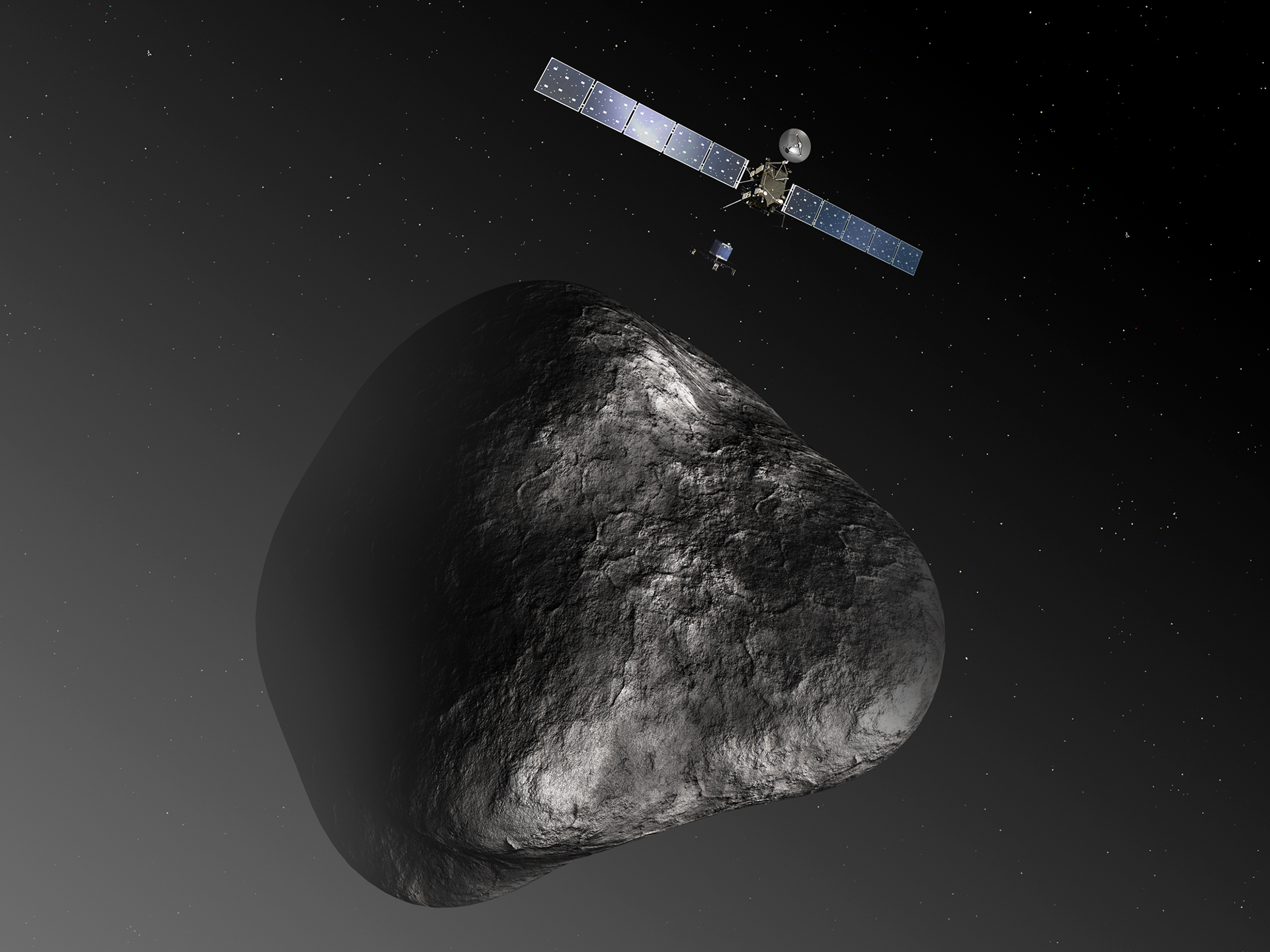
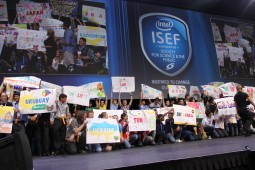
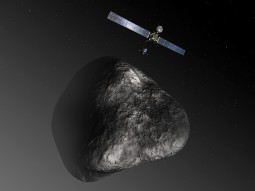
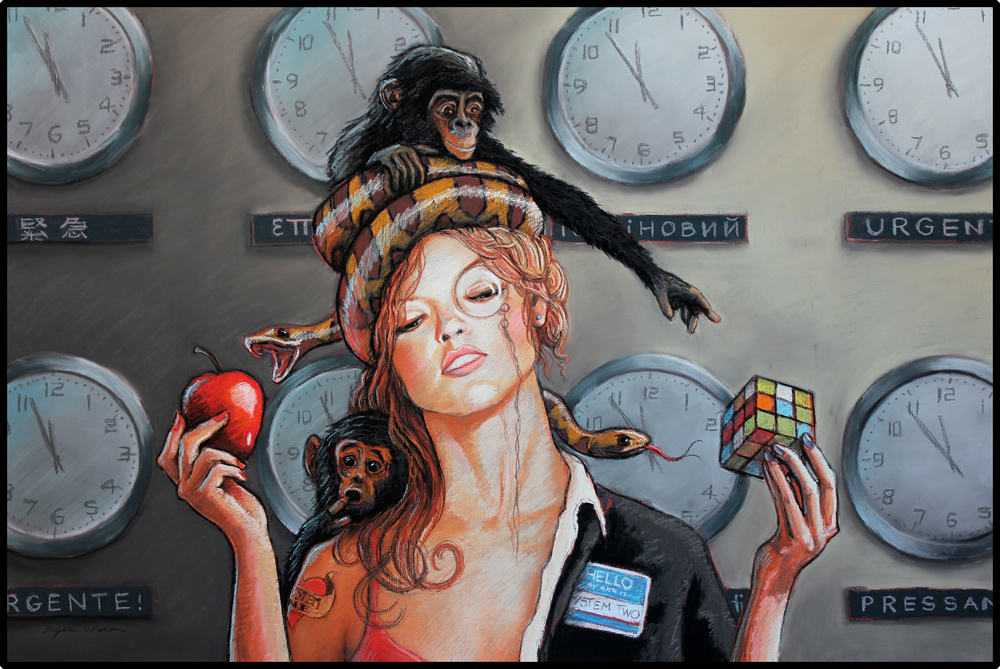
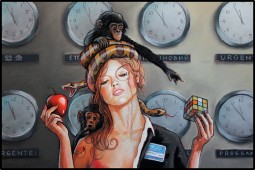 Gold Lab Symposium (starts at 3:42): Biotech entrepreneur
Gold Lab Symposium (starts at 3:42): Biotech entrepreneur 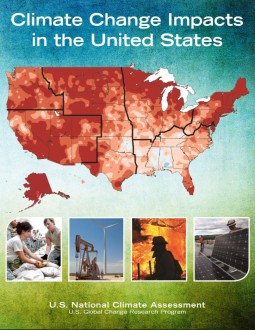 U.S. Climate Change Report (starts at 11:50) The
U.S. Climate Change Report (starts at 11:50) The 


 Baseball Vision (starts at 5:42): The major league baseball season is now in full “swing.” Fans may take it for granted that these professional athletes are in top physical condition. What’s less known is how important it is for baseball players to have perfect eyesight. Batters in particular have some of the best vision in the world. To find out how scientists know this, and study it, and even make it better, How on Earth’s Shelley Schlender last month headed down to spring training in Arizona. There, she caught up with two of the nation’s top experts on the science of vision, and sports.
Baseball Vision (starts at 5:42): The major league baseball season is now in full “swing.” Fans may take it for granted that these professional athletes are in top physical condition. What’s less known is how important it is for baseball players to have perfect eyesight. Batters in particular have some of the best vision in the world. To find out how scientists know this, and study it, and even make it better, How on Earth’s Shelley Schlender last month headed down to spring training in Arizona. There, she caught up with two of the nation’s top experts on the science of vision, and sports.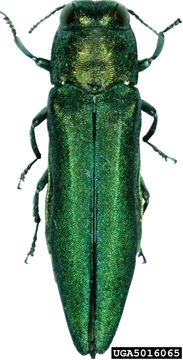
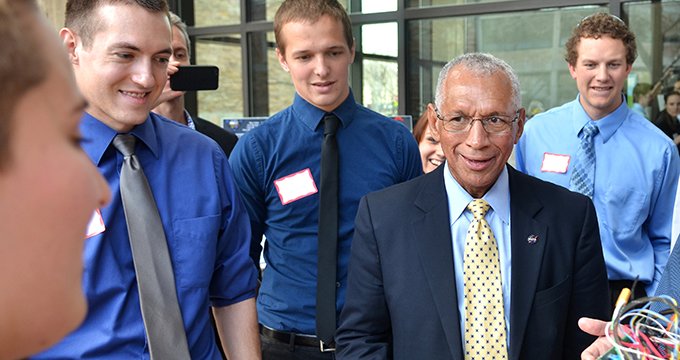
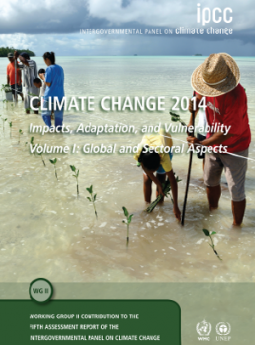 Earth Day gives us plenty of reason to reflect on the state of the planet and the impact we humans have had on it. This week’s show featured
Earth Day gives us plenty of reason to reflect on the state of the planet and the impact we humans have had on it. This week’s show featured 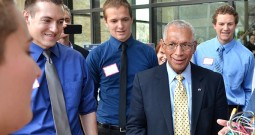
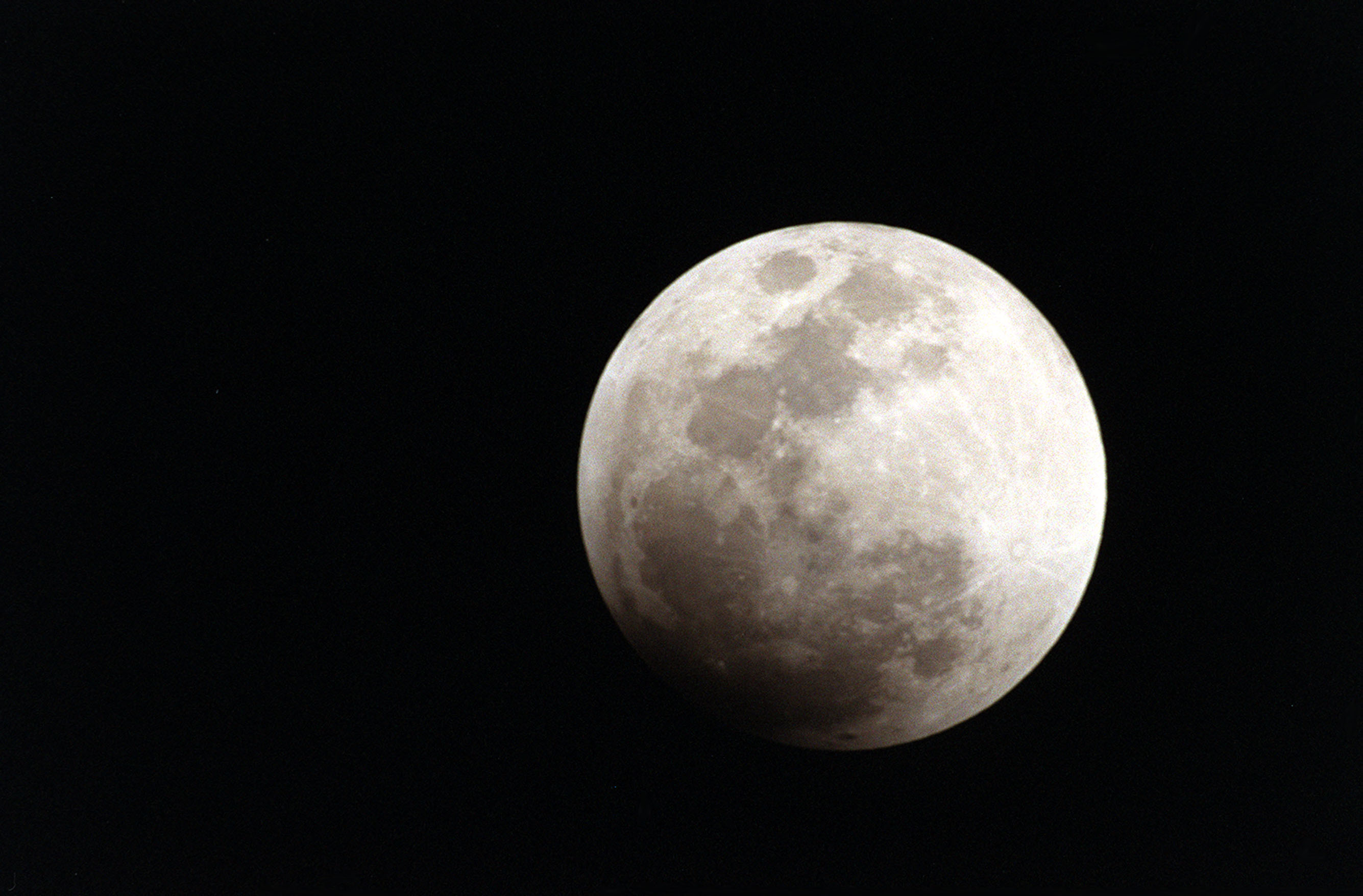
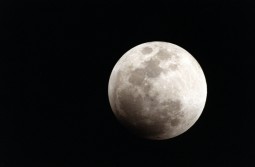
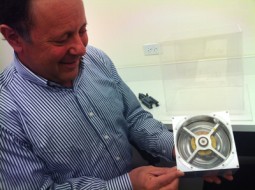
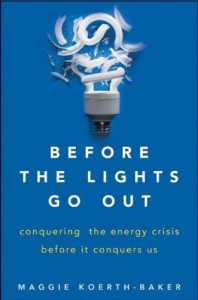

 Welcome to this special edition of How on Earth. This week, the 66th annual
Welcome to this special edition of How on Earth. This week, the 66th annual